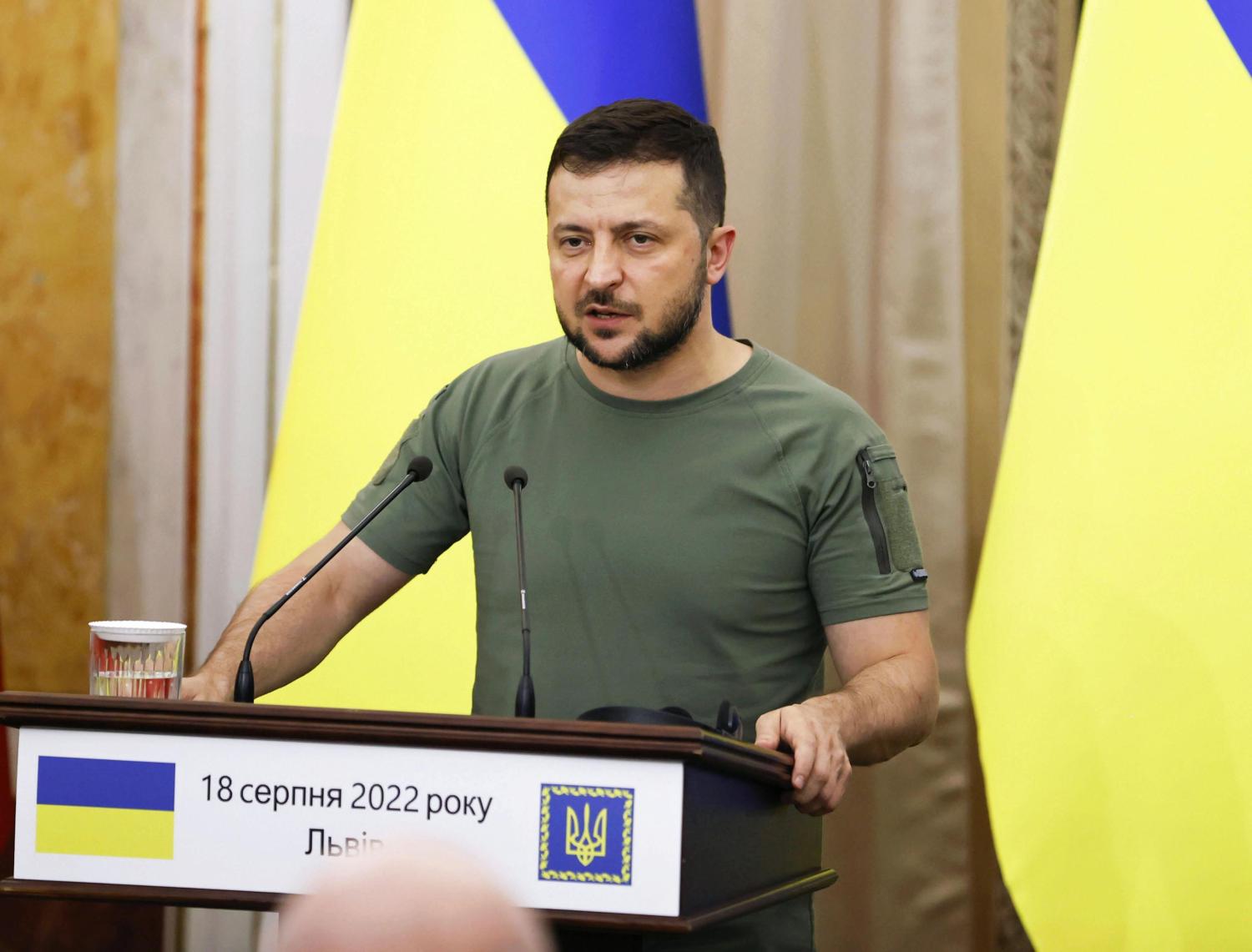The following is a summary of the 21st session of the Congressional Study Group on Foreign Relations and National Security, a program for congressional staff focused on critically engaging the legal and policy factors that define the role that Congress plays in various aspects of U.S. foreign relations and national security policy.
On April 29, 2022, the Congressional Study Group on Foreign Relations and National Security convened over Zoom to discuss how the United States might best support international accountability for the actions of Russian forces in Ukraine. The discussion covered questions regarding U.S. support for investigations by the International Criminal Court (“ICC”) and other bodies, as well as the potential domestic prosecution of offenders through expanded war crimes statutes and efforts to secure reparations from Russia for its victims. Congress has an important role to play in these debates, as several of these efforts may require reforms to existing legal authorities to be implementable—and risk consequences if executed improperly.
To discuss these issues, the study group was joined by two outside experts: Chimène Keitner, a professor at the University of California Hastings College of Law and former Counselor for International Law at the U.S. Department of State; and Rebecca Hamilton, a professor at the American University Washington College of Law and former attorney at the International Criminal Court and International Criminal Tribunal for Yugoslavia.
Prior to the session, the study group circulated the following background readings:
- Chimène I. Keitner, “Prosecute, Sue, or Deport: Transnational Accountability in International Law,” 164 U. Penn. L. Rev. Online 1 (2015);
- Chimène I. Keitner, “The ICC and Non-Party States: Consistency and Consensus Revisited,” 47 Ga. J. Int’l & Comp. L. 629 (2019);
- Testimony of Prof. Beth Van Schaack before the Tom Lantos Human Rights Commission, U.S. House of Representatives, on Pursuing Accountability for Atrocities (June 13, 2019);
- Geoffrey S. Corn, “Congress Needs to Amend the War Crimes Act of 1996,” Lawfare (Mar. 2, 2022);
- Rebecca Hamilton and Ryan Goodman, “How the World Can Prosecute Putin for Going to War,” The Washington Post (Mar. 17, 2022);
- Graham Vyse, “Perfectly Indiscriminate,” The Signal (Apr. 1, 2022) (interview with Keitner);
- Rebecca Hamilton, “Pressing U.S. Officials on Russia and the International Criminal Court: The Interview We Should Be Hearing,” Just Security (Apr. 6, 2022); and
- David J. Simon and Joshua Lam, “To Support Accountability for Atrocities, Fix U.S. Law on the Sharing of Digital Evidence,” Just Security (Apr. 20, 2022).
The presenters discussed the role of the ICC and its jurisdiction over war crimes (serious violations of war connected to armed conflict); crimes against humanity, such as murder, rape, deportation, or persecution based on nationality (which need not be connected to an armed conflict); and genocide. Ukraine is highly motivated to seek accountability for these crimes, and its own prosecutors are already conducting investigations. Additionally, although Ukraine is not a party to the ICC’s foundational Rome Statute, it has provided the ICC with jurisdiction over crimes committed on its soil. The presenters observed that, while foot soldiers may commit these crimes, the ICC is well-resourced to address challenging cases against responsible individuals who are higher in the chain of command while resource-constrained domestic prosecutors target lower-level perpetrators. In addition, the presenters noted that the ICC already has relevant linguistic and cultural expertise from its investigations in Georgia.
The presenters identified four areas where Congressional engagement could support accountability for these crimes. First, to the extent that the American Service-Members’ Protection Act—a longstanding law that seeks to protect U.S. soldiers from being prosecuted by international tribunals to which the United States is not a party—chills U.S. efforts to support the ICC’s work in Ukraine, Congress can make technical changes that remove barriers to information sharing and other cooperation. Second, Congress can appropriate funds to support investigations and prosecutions by U.S. authorities. Third, Congress could enact changes to existing U.S. domestic criminal laws to permit the domestic prosecution of crimes against humanity and of foreign nationals who commit war crimes in foreign countries. This would provide more tools for the U.S. government to hold perpetrators responsible. Finally, minor changes to the Stored Communications Act could enhance investigators and prosecutors’ ability to access electronic evidence that has been uploaded to social media sites but removed by social media firms due to its content.
The presenters noted that the ICC lacks jurisdiction to prosecute the crime of aggression. As a result, prosecution of the invasion of Ukraine as a crime of aggression would require an alternative international court. It would also confront challenges posed by the legal immunities that international law traditionally provides to heads of state.
Finally, the presenters discussed the domestic legal challenges posed by potential policies that would seek reparations from Russia for actions committed in Ukraine. While seizures of private property would implicate due process concerns, seizure of state property could raise issues under the Foreign Sovereign Immunities Act and international sovereign immunity obligations. The presenters noted that these challenges would not be insurmountable but merit thoughtful analysis in advance of inevitable legal disputes over such actions.
The presenters then moved to open discussion with the study group participants. Issues discussed included: head of state immunity and how it can be overcome; creation of a civil cause of action for atrocity crimes; and opportunities for the United States to support the ICC.
Visit the Congressional Study Group on Foreign Relations and National Security landing page to access notes and information on other sessions.
The Brookings Institution is committed to quality, independence, and impact.
We are supported by a diverse array of funders. In line with our values and policies, each Brookings publication represents the sole views of its author(s).



